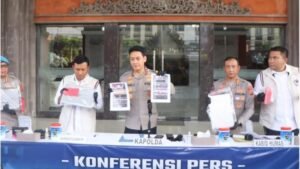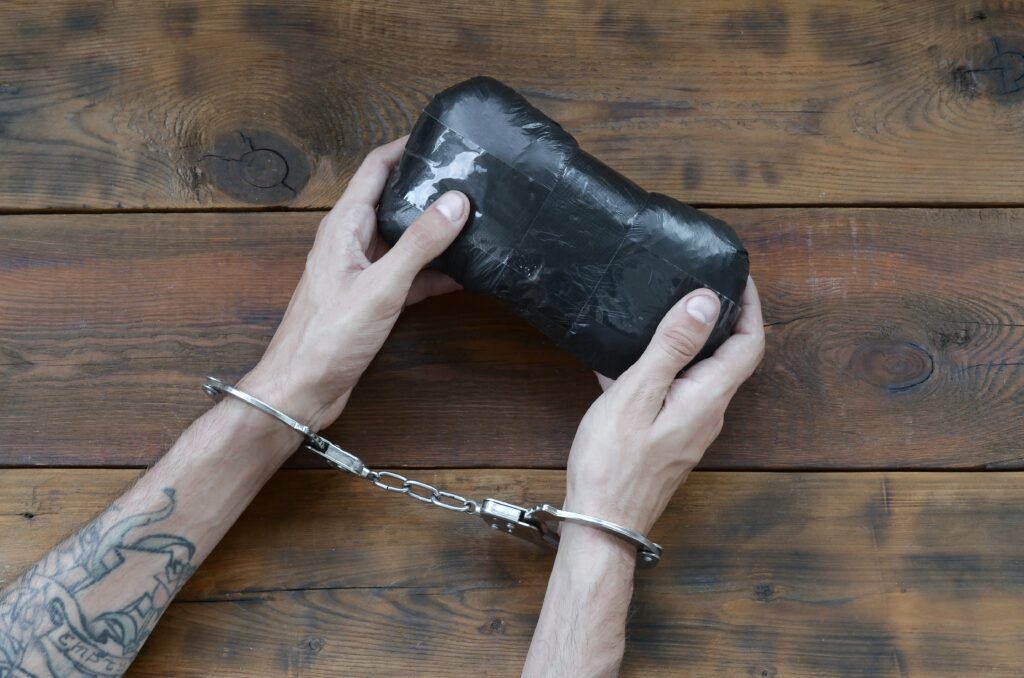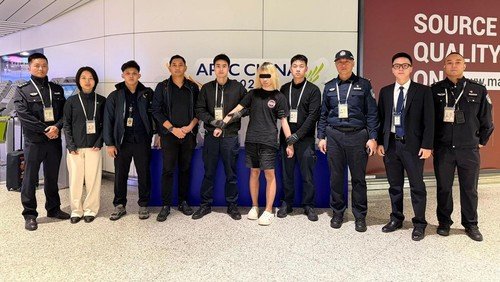
Wayan Koster and I Nyoman Giri Prasta, collectively known as the Koster-Giri ticket, have emerged victorious in the 2024 Bali gubernatorial election, securing 61.46% of the vote.
What should tourists and expats expect from their upcoming term?
Tourism: A Continued Posture
Wayan Koster has been serving as Bali’s governor since 2018, while I Nyoman Giri Prasta is currently the regent of Badung, a position he has held for two terms.
On November 6, during a gubernatorial forum at Universitas Pendidikan Ganesha, Buleleng, Koster were questioned about his stance on disruptive behavior by some foreign tourists, including illegal activities, such as drug operations and covert prostitution rings.
Koster did not directly express his stance but simply reiterated policies he implemented during his first term, such as those concering sustainable tourism, cultural preservation, and community participation.
“Foreign nationals violating Bali’s rules can face deportation or legal action. These regulations provide a strong framework to manage tourism and ensure it aligns with our vision of cultural integrity and sustainability,” Koster stated.
In 2023, Koster has proposed an agenda to limit the number of foreign tourists visiting Bali, aiming to shift away from mass tourism and address issues related to misbehavior among some visitors.
However, as of now, this quota system has not been enacted into law with no specific regulations or timelines established for its implementation. No further plan has been discussed to advance this agenda in their second term.
Earlier this year, Koster has also implemented the “Bali Love” tax for tourists, requiring international visitors to the island to pay a one-time levy of IDR 150,000 (approximately USD 10) upon arrival. According to Koster’s proposal of the program, this fee is designed to support waste management and preserve Bali’s cultural heritage.
However, the program has faced challenges with low compliance, and it remains uncertain whether Koster intends to revise its implementation strategy.
Traffic Congestion: Modernizing Infrastructure
Addressing Bali’s traffic issues, Koster-Giri proposed an ambitious infrastructure overhaul, including the construction of a subway system.
“Regarding traffic congestion in Denpasar and Badung, we will build road infrastructure and also modern underground Metro, subway, mass rapid transit, or Integrated Mass Transit (MRT) transportation gradually over the next five years,” Koster stated.
The construction of the Bali MRT system officially began in September 2024 during Koster’s ongoing first term. The 4-phase project is said to be costing USD $20 billion—a cost that former president Joko Widodo has said should be honored with careful management.

The first phase of the MRT will connect Ngurah Rai International Airport with Kuta, as part of a broader effort to address traffic congestion and improve connectivity in Bali. The initiative includes six planned lines, with some routes reaching popular destinations like Seminyak, Denpasar, and Nusa Dua.
Koster’s second term ensures his authority to oversee the entire project, and the project is expected to be completed by 2028.
Environments: Incinerator, Clean Water, and Urban Aesthetic
Governor Wayan Koster has publicly emphasized the need to resolve Bali’s waste problem, particularly in Denpasar, and has described this issue as a priority for their administration.
The Bali Provincial Government, under Koster, has partnered with a Chinese company, CN Weiming, to build a $225 million waste-to-energy plant in Gianyar Regency. This facility is expected to process up to 1,500 tons of waste daily in its first phase and later expand its capacity to 2,250 tons. The plant is intended to convert waste into energy, reducing landfill dependency.
Critics and environmental advocates have raised concerns about the sustainability and pollution risks of incineration-based solutions.
However, beyond this large-scale project, Koster has yet to outline a clear plan to implement broader waste management strategies, including handling waste segregation, recycling initiatives, and community involvement.
Ensuring Reliable Access to Clean Water
Reports indicate a looming water deficit by 2025 due to increasing demand and insufficient infrastructure. The tourism industry, particularly hotels, consumes a disproportionately large share of water resources, exacerbating the issue.
The Sidan Dam project, initiated during Koster’s first term, is positioned as a long-term solution to Denpasar’s water supply needs. Scheduled for completion soon, the dam is expected to provide up to 7,500 liters of water per second, significantly alleviating shortages in the city.
Giri reassured residents, stating that the Sidan Dam will ensure a sufficient water supply for Denpasar’s growing population.
Revitalizing Denpasar’s Aesthetic Appeal
Recognizing Denpasar as the gateway for international tourists, Koster has committed to beautifying the city. While specifics are yet to be shared, the initiative is intended to enhance Bali’s reputation as a world-class tourist destination.
Following the conclusion of the 2024 Bali gubernatorial election, Koster is expected to assume office in February 2025 alongside his new administration.










